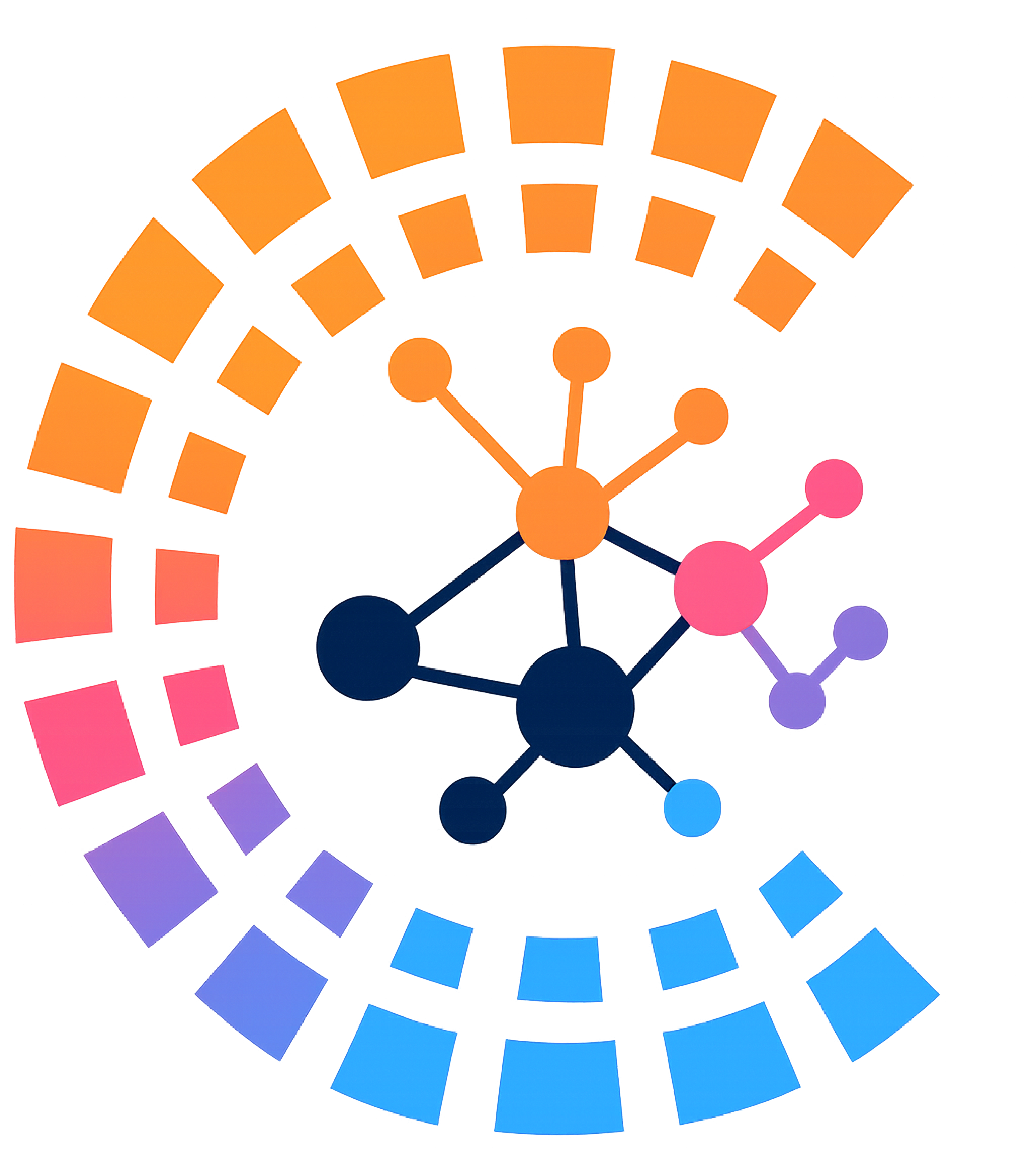Research Areas
Genomics
Key Topics
- Evolutionary trajectories of the cancer genome
- Novel cancer drivers from structural variations
- AI-based cancer driver discovery
- Trait-wide causal variant identification
Transcriptomics
Key Topics
- Single-cell & spatial transcriptomic analysis
- TME state discovery via bulk tumor deconvolution
- Isoform-level RNA complexity in cancer
Multi-omics
Key Topics
- Proteogenomic characterization of cancer
- Mechanisms and determinants of drug resistance
- Multi-omics integration frameworks
Current Projects
[Theme 1. Cancer Genome Complexity and Evolution]
We aim to decipher the fundamental principles governing cancer genome complexity and evolutionary dynamics through two complementary approaches.
First, leveraging large-scale whole-genome sequencing datasets, we investigate how diverse classes of mutations—including single-nucleotide variants, copy number alterations, and structural rearrangements—collectively shape the evolutionary trajectories of tumors. This allows us to map lineage-specific mutational processes, clonal architectures, and selective pressures that drive cancer progression across broad cohorts.
Second, we harness long-read sequencing technologies to identify previously unrecognized functional cancer drivers arising from cryptic or complex structural variants that escape detection by conventional short-read approaches. Long-read sequencing enables us to reconstruct rearranged haplotypes and resolve mechanisms such as enhancer hijacking, regulatory rewiring, or oncogenic fusions that contribute to tumorigenesis. These technologies provide unique advantages in characterizing structural variant breakpoints, phasing mutations onto individual haplotypes, and revealing the full spectrum of genomic complexity.
To prioritize functional driver candidates from this expanded mutational landscape, we develop AI-based predictive models that integrate sequence context, chromatin features, 3D genome topology, and recurrence patterns across cohorts. Ultimately, our goal is to establish a coherent framework that links cancer genome complexity, evolutionary history, and functional driver discovery.
[Theme 2. Cancer Transcriptome Complexity and Ecosystem]
We investigate how transcriptional programs, cellular states, and microenvironmental interactions shape the functional ecosystem of tumors. Using single-cell RNA sequencing, we resolve the heterogeneity of cancer and stromal cell populations and characterize how these populations shift across disease stages and in response to therapeutic perturbations. Spatial transcriptomics further contextualizes these findings within tissue architecture, enabling us to map cell-cell communication networks, niche-specific transcriptional programs, and regional ecosystem dynamics that cannot be captured by dissociated single-cell profiling alone.
To extend these insights across patient cohorts, we perform computational deconvolution of bulk tumor transcriptomes, quantifying tumor microenvironment (TME) states and enabling cross-patient comparisons that link ecosystem features to clinical outcomes. We also leverage long-read transcriptome sequencing to achieve isoform-level resolution, uncovering the full repertoire of RNA complexity—including alternative splicing, promoter usage, and fusion transcripts—that arise as functional consequences of the cancer genomic complexity.
[Theme 3. Multi-Omics Approaches to Resolve Cancer Complexity]
We strive to build an integrated, multi-layered understanding of cancer by combining genomic, transcriptomic, and proteomic. Proteogenomic analyses reveal how genomic alterations and transcriptional programs manifest at the protein level, uncovering dysregulated pathways and signaling vulnerabilities. By integrating these molecular layers, we identify mechanisms that determine therapeutic response and resistance, linking genome evolution and transcriptomic ecosystem states to clinically meaningful phenotypes.
To systematically navigate this multi-dimensional landscape, we develop next-generation multi-omics integration frameworks, incorporating machine learning and AI-based models that can extract cross-modal representations and identify key drivers of disease aggressiveness. These tools allow us to discover biomarkers, stratify patients, and elucidate mechanisms of drug addiction or resistance that emerge from complex interactions between the genome, transcriptome, and proteome. Through this comprehensive approach, we aim to resolve the biological complexity that underlies cancer behavior and to translate these mechanistic insights into precision oncology strategies and novel therapeutic opportunities.
